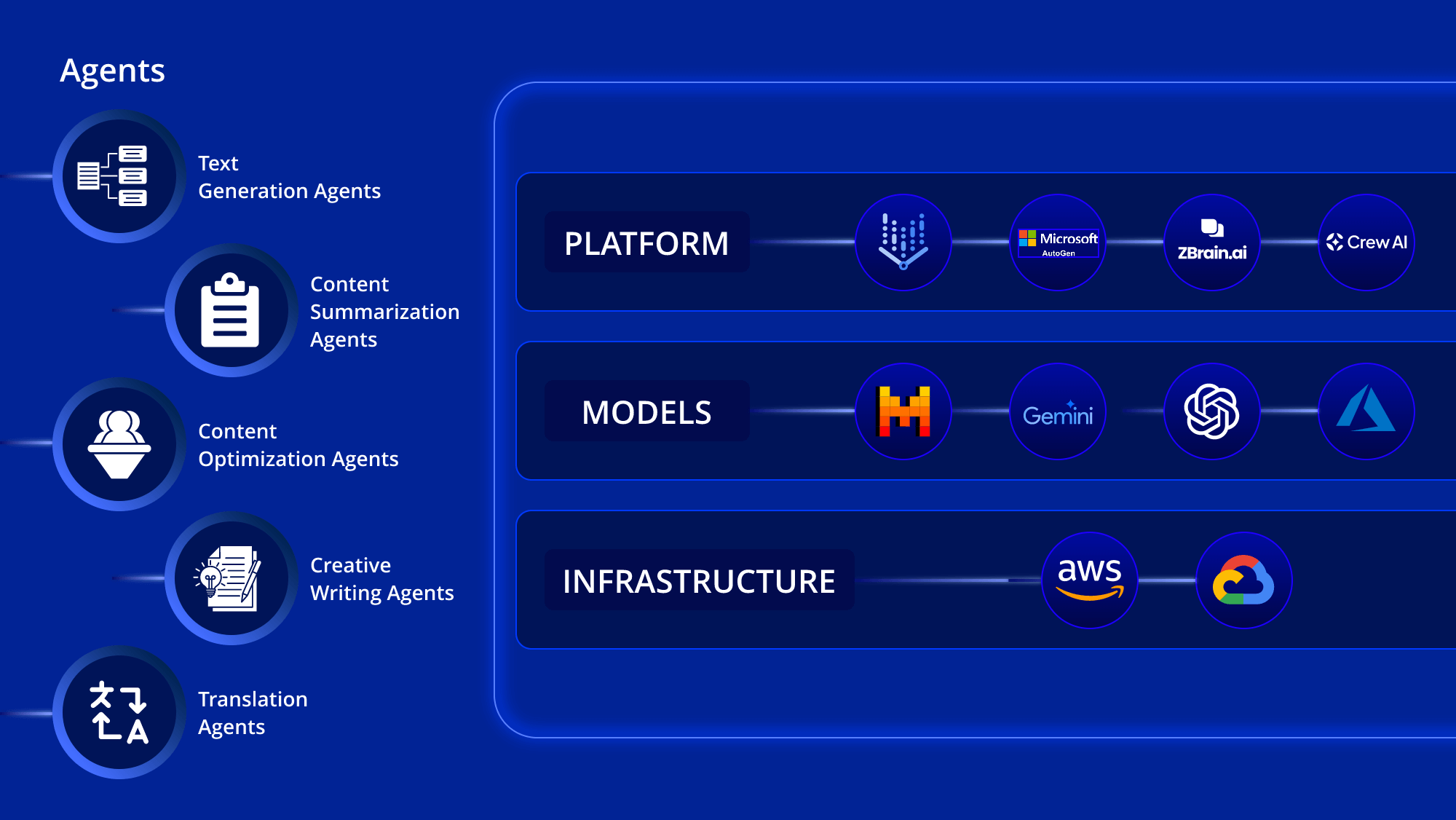AI Agents: Revolutionizing Digital Interactions

AI Agents: Revolutionizing Digital Interactions
In today's fast-paced digital world, the role of an agent in artificial intelligence is more important than ever. AI agents are not only automating repetitive tasks but are also driving intelligent decision-making across industries. By leveraging machine learning and data analytics, these autonomous systems can learn, adapt, and execute tasks with impressive efficiency.
Understanding AI Agents
An AI agent is a software entity that performs tasks autonomously based on the data it processes. These agents exhibit agentic behavior - making independent decisions to achieve specific goals. Whether it’s providing customer support, managing finances, or optimizing marketing strategies, the capabilities of an agent are transforming our digital interactions.
Key Applications
- Customer Support: Real-time assistance and personalized service powered by AI agents.
- Healthcare: Enhanced diagnostics and patient care using data-driven insights.
- Finance: Automation in trading, risk management, and fraud detection.
- Marketing: Tailoring marketing strategies through advanced analytics and consumer behavior insights.
Advanced Agent Capabilities

This image, sourced from Perplexity, showcases the advanced capabilities of AI agents in content generation. By harnessing these tools, businesses can revolutionize the way they handle day-to-day tasks and strategic operations.
Embracing the Future with Agentic Behavior
The concept of agentic behavior is key to understanding how these systems operate autonomously. By continuously learning and adapting, AI agents continuously improve their performance, delivering scalable and cost-effective solutions for various industries. As we move towards a future where AI integration is ubiquitous, understanding and optimizing the role of an agent becomes paramount.
Conclusion
AI agents are reshaping the technological landscape, offering a glimpse into a future where automation and intelligent decision-making lead the way. With enhanced autonomy, learning capabilities, and the ability to adapt to ever-changing environments, agents will continue to drive innovation across sectors, making digital interactions more efficient and engaging.


